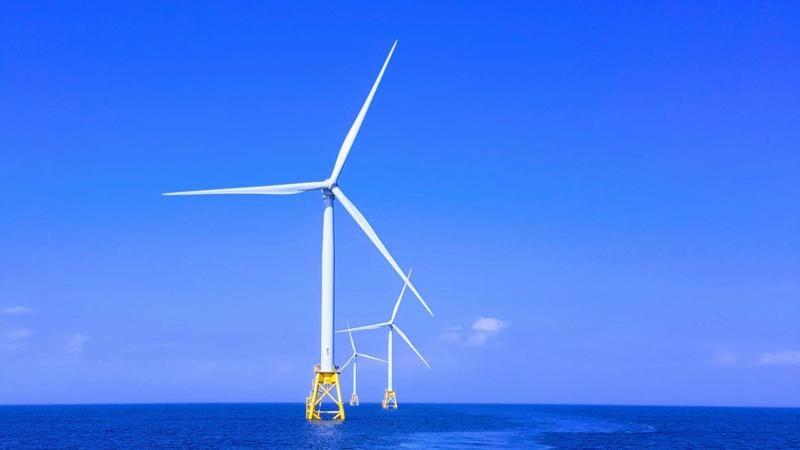A new lawsuit filed this week pits a group of fishing businesses and environmental activists against the Trump administration after federal officials reversed course and allowed construction on the Empire Wind offshore project to resume. One of the plaintiffs is owned by a Spanish company.
The lawsuit, filed in federal court in New Jersey, opposes the Interior Department’s decision to lift a stop-work order on Equinor’s Empire Wind farm – an offshore project expected to power roughly 500,000 homes by 2027. The administration had paused work in April, citing concerns about environmental impacts and political opposition. However, it reversed course in May.
The plaintiffs include a mix of longtime offshore wind critics: Protect Our Coast New Jersey, Clean Ocean Action, and ACK for Whales. A dozen commercial fishing companies have joined the offshore wind opponents in the lawsuit.
One of the more notable players is Seafreeze Shoreside Inc., a Rhode Island-based seafood company that’s been a fixture in anti-wind coalitions.
Its fisheries liaison, Meghan Lapp, has framed European wind developers like Equinor as foreign threats to American waters even though Seafreeeze also is owned by a Spanish conglomerate.
“Being invaded by foreigners on our home fishing grounds is not America First,” she posted on Facebook last month.
Seafreeze is owned by Profand Fishing Holding – a Spanish multinational that acquired its parent company in 2019.
Profand operates five fishing vessels, two fish processing plants, and two refrigerated warehouses in the United States, its website says. Businessman Enrique Garcia founded the company in Spain in 2002.
That means the case involves a Spanish conglomerate suing to stop a Norwegian energy firm from building American infrastructure, with assistance from environmental groups, fishing interests, and coastal activists.
The White House says the reversal came shortly after a deal with New York Gov. Kathy Hochul, who signaled openness to reviving previously blocked gas pipeline projects in exchange for letting Empire Wind proceed. However, a spokesman for Hochul told Politico the governor hasn’t committed to anything.
The plaintiffs in the offshore wind lawsuit argue the Department of the Interior violated the Administrative Procedure Act by lifting the stop-work order without offering sufficient rationale.
The lawsuit calls the reversal “arbitrary, capricious or unreasonable.”
Bruce Afran, the plaintiffs’ lawyer, thinks the administration was right to have concerns over the environmental impact of Equinor’s project – concerns that he says haven’t been addressed.
“The administration correctly pulled the Empire Wind work permit because of these concerns and had no basis to reinstate the work orders a month later,” he said in a statement, according to 4C Offshore. “This lawsuit seeks to restore the stop work order.”
Empire Wind says it has worked hard to ensure its project is safe.
“Equinor signed its federal lease for Empire Wind in 2017,” Empire Wind said in a statement to reNEWS. “The project has undergone years of rigorous permitting and studies, and secured all necessary federal, state and local approvals to begin construction in 2024.”






